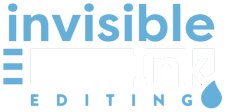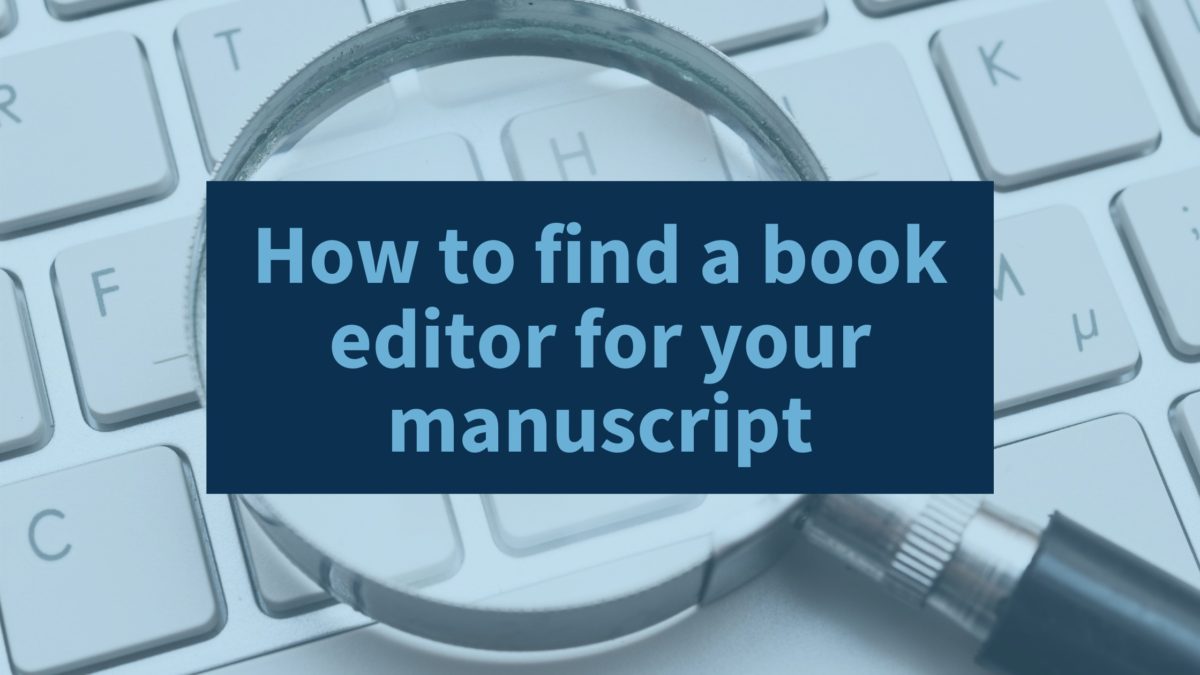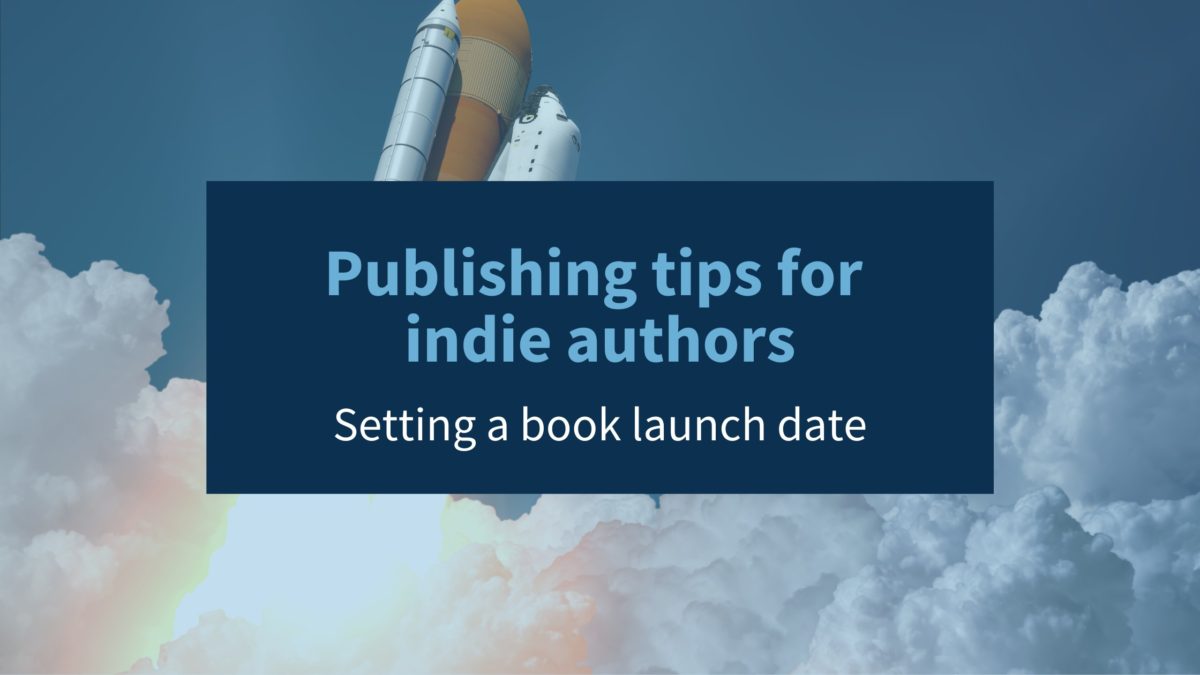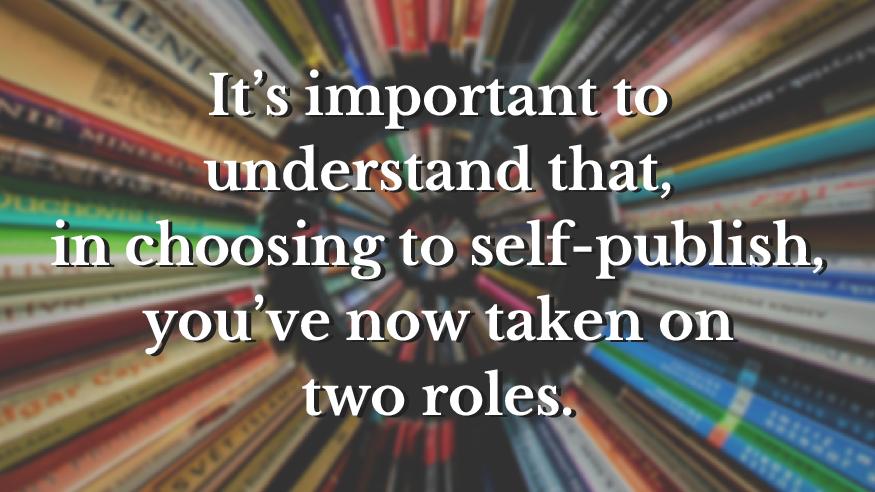For first-time authors, finding a book editor can be nerve-racking. It takes a lot of courage to show your work to someone else—especially someone you don’t know personally. However, finding the right editor can make the difference between a book that sells well and gains a wide audience and one that flops before it even makes it to market.
For full transparency, Invisible Ink Editing is a group of book editors, so of course we would recommend submitting your manuscript to us for review. We also know that a good editor-author relationship is vital to your success, and if we feel you may be better suited for a different type of editor, we will tell you right away.
We’ve outlined a few questions you can ask as you try to find an editor for your novel, whether you find the best book editor at Invisible Ink or elsewhere.
What type of book editor do you need?
The first question you want to ask is, “What type of book editor do I need?” Consider the type of manuscript you have written; many editors specialize in certain types of writing. For example, Invisible Ink Editing is primarily a fiction editing group. Other editors may focus on nonfiction, and as such, have a fact-checking process beyond that of a fiction editor. You’ll also find editors who work in specific genres—there are sci-fi editors, romance editors, young adult editors, and so on. (We take all genres at Invisible Ink, in case you’re wondering.)
You also need to consider what level of manuscript editing services you need. If your book has already been edited and just needs a sweep for typos and minor grammatical mistakes, then you will need to find a copy editor or proofreader. If you need help developing your novel’s plot, characters, and other big-picture details, you’d be better suited for a developmental edit. If you aren’t sure what you need yet, a good editor will be able to advise you after reviewing a sample of your work.
Key questions to ask your book editor
Once you know what type of editing you’re after, you can start to narrow down your search for the perfect book editor. There are several questions you should ask any potential editors you’re vetting. Most editors have a website or portfolio they’d be happy to share, which may contain much of this information. Here are a few questions you might want to ask at the start:
- What sort of experience do you have? Some freelance book editors come with decades of experience, while others are just starting out. Although there’s no harm in going with a new-on-the-scene editor if you feel they’re a good fit, it’s probably best to make sure your book editor has edited at least two or three other novels, preferably ones similar to yours.
- What certifications/training do you have? Not all editors are certified, but those who are will be happy to share the details. Many independent book editors in the US are part of the Editorial Freelance Association (EFA) or another professional organization. Others will have attended a university, college, or graduate school and received a relevant degree. Still other book editors may not have any formal certifications—this isn’t necessarily a red flag, as they may have work experience or informal training where they’ve developed their editing skills. If they seem like they’d be a good fit, you can always ask for a sample edit as well as a testimonial.
- What editing standards do you follow? Your editor should be able to tell you the basic standards they use for editing. In the US, this is commonly the Chicago Manual of Style, a popular guide among fiction editors. Most book editors will also have a preferred dictionary as well. (For us, it’s Merriam-Webster).
- Can you tell me more about your editing process? A good editor is an organized editor. Though your potential book editor may be working on several projects at once, they should still have a formal process they use to make sure their work is done clearly, consistently, and on time.
- Have you ever edited a book in my genre? Similar to the first question about experience, it’s a good idea to gauge whether your editor has worked on books in your genre before. Many editors specialize in particular genres, and if you’re focused on marketing your book to a specific subset of readers, then an editor who knows your genre well is an asset.
The importance of a sample book edit
Many editors offer a free sample edit of your manuscript before they take you on as a client. Though the number of words they’ll edit varies (at Invisible Ink we do around 750 words), and some editors may charge a small fee, sample editing is commonly offered within the industry.
A sample edit allows you to see what kinds of changes the editor would make and how they tend to communicate feedback. It also gives your editor a chance to get to know your writing style and assess your manuscript, which helps them determine a quote and turnaround time if the project is accepted.
Go with your gut
At the end of the day, the only person who will know when you’ve found the right book editor is you. You know your own work better than anyone else ever could, so let your instincts guide you to the best book editor for you. You can learn a lot about your editor through the way they communicate and how they treat you as a potential client. It’s always a good idea to shop around and weigh your options, but once you think you’ve found the right book editor, then it’s time to make your move.
Still looking for the perfect book editor for your novel? Get in touch with Invisible Ink.



 There are a couple things that might be said about setting book launch dates. First, when setting such a date, it makes sense to think like a traditional publisher. But, second, as an indie, you should also not be afraid to think like yourself. Here’s what I mean. There are many resources both online and otherwise on setting a timeline for a book launch that looks at what large publishers do. One of the first considerations might be whether you want to have your book launch tied in to a particular window or season within the retail calendar. For example, a lot of books are sold in November and December during the year-end holidays. So a book might have to be released by Halloween so that there is buzz leading into this busy buying season. Or some books might tie in to summer beach reading, or a self-help book might tie in to January sales as readers attend to their New Year resolutions. Consulting editor Alan Rinzler has a
There are a couple things that might be said about setting book launch dates. First, when setting such a date, it makes sense to think like a traditional publisher. But, second, as an indie, you should also not be afraid to think like yourself. Here’s what I mean. There are many resources both online and otherwise on setting a timeline for a book launch that looks at what large publishers do. One of the first considerations might be whether you want to have your book launch tied in to a particular window or season within the retail calendar. For example, a lot of books are sold in November and December during the year-end holidays. So a book might have to be released by Halloween so that there is buzz leading into this busy buying season. Or some books might tie in to summer beach reading, or a self-help book might tie in to January sales as readers attend to their New Year resolutions. Consulting editor Alan Rinzler has a